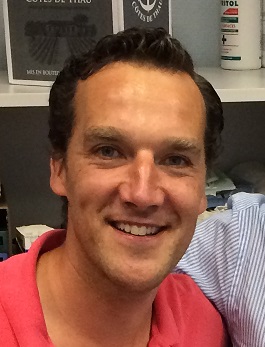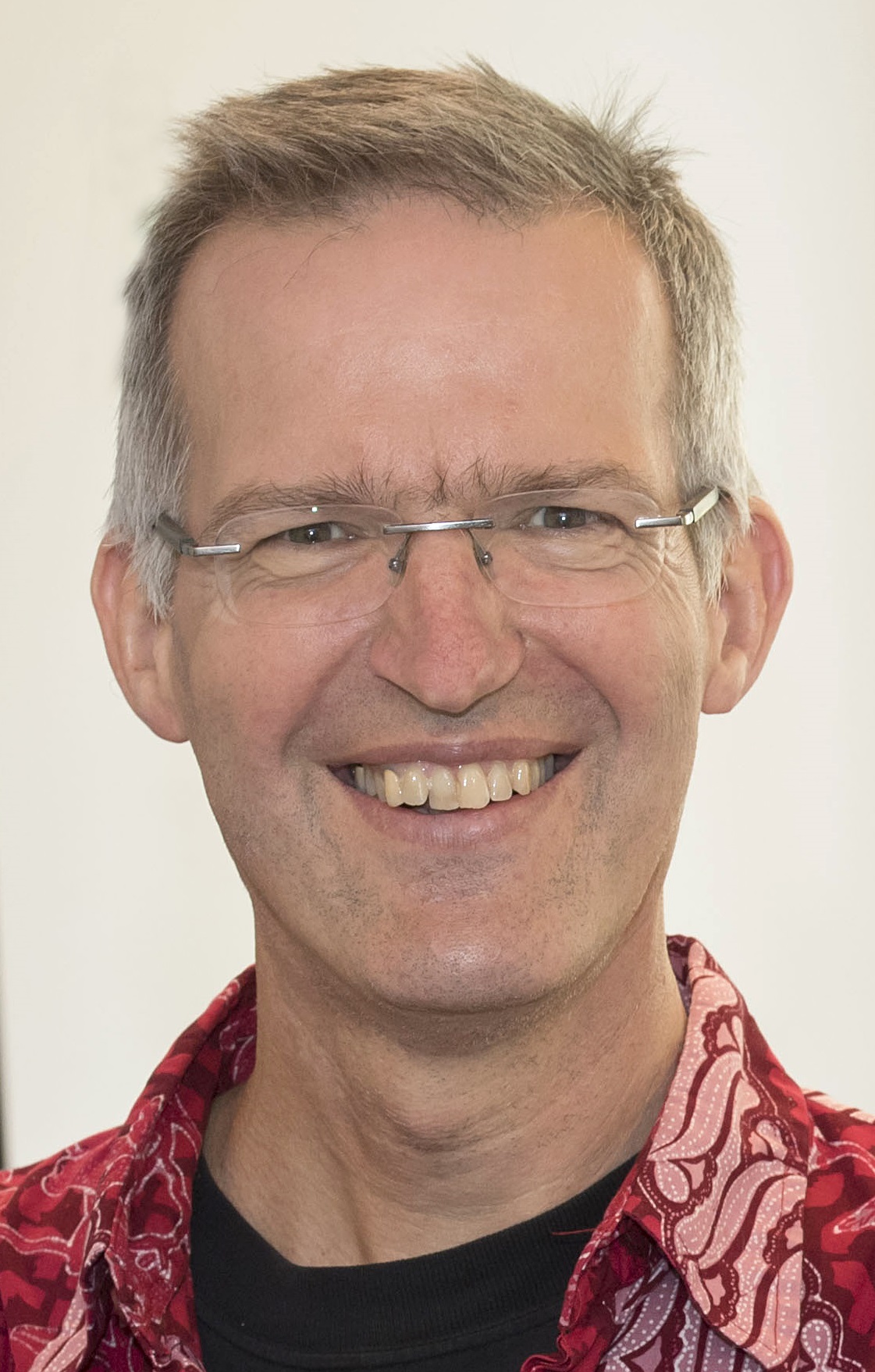Neuro otology
Hearing loss, Ototoxicity, Tinnitus
Research aim
We aim to improve the quality of life of patients with sensorineural hearing loss, by a multidisciplinary approach targetting hair cell and spiral ganglion neuron survival and regeneration, prevention approaches, and improving surgical techniques.
About us
We focus on how to improve the quality of life of patients with sensorineural disorders, such as hearing loss, tinnitus, and cisplatin-induced ototoxicity in children. In the lab, we study hair cell regeneration based on stem cell properties of supporting cells in the organ of Corti. We have experimental models to evaluate hair cell regeneration and survival after damage. We aim to improve the neural interface of the cochlear implant in patients with cochlear implants by evaluating the degeneration of the auditory nerve following hair cell loss. Clinical research in our group focus on different surgical techniques to improve treatment for cholesteatoma, otosclerosis and cochlear implant users. Tinnitus is not a disease but rather a symptom that can result from a heterogeneity of underlying causes. The specific pathophysiology of tinnitus is often difficult to identify. The most common causal risk factor is hearing loss, followed by age and stress.We use an interdisciplinary approach to study tinnitus. Children from all over the Netherlands with suspected cancer come to the Princess Máxima Center (PMC) for diagnosis, treatment and guidance. Many of these children receive ototoxic drugs, often cisplatin, which put their hearing at a significant risk of damage. We have a strong collaboration with the PMC to study the effects of the ototoxic medication on the children’s hearing with the aim of developing a treatment policy to minimize the negative effects.




